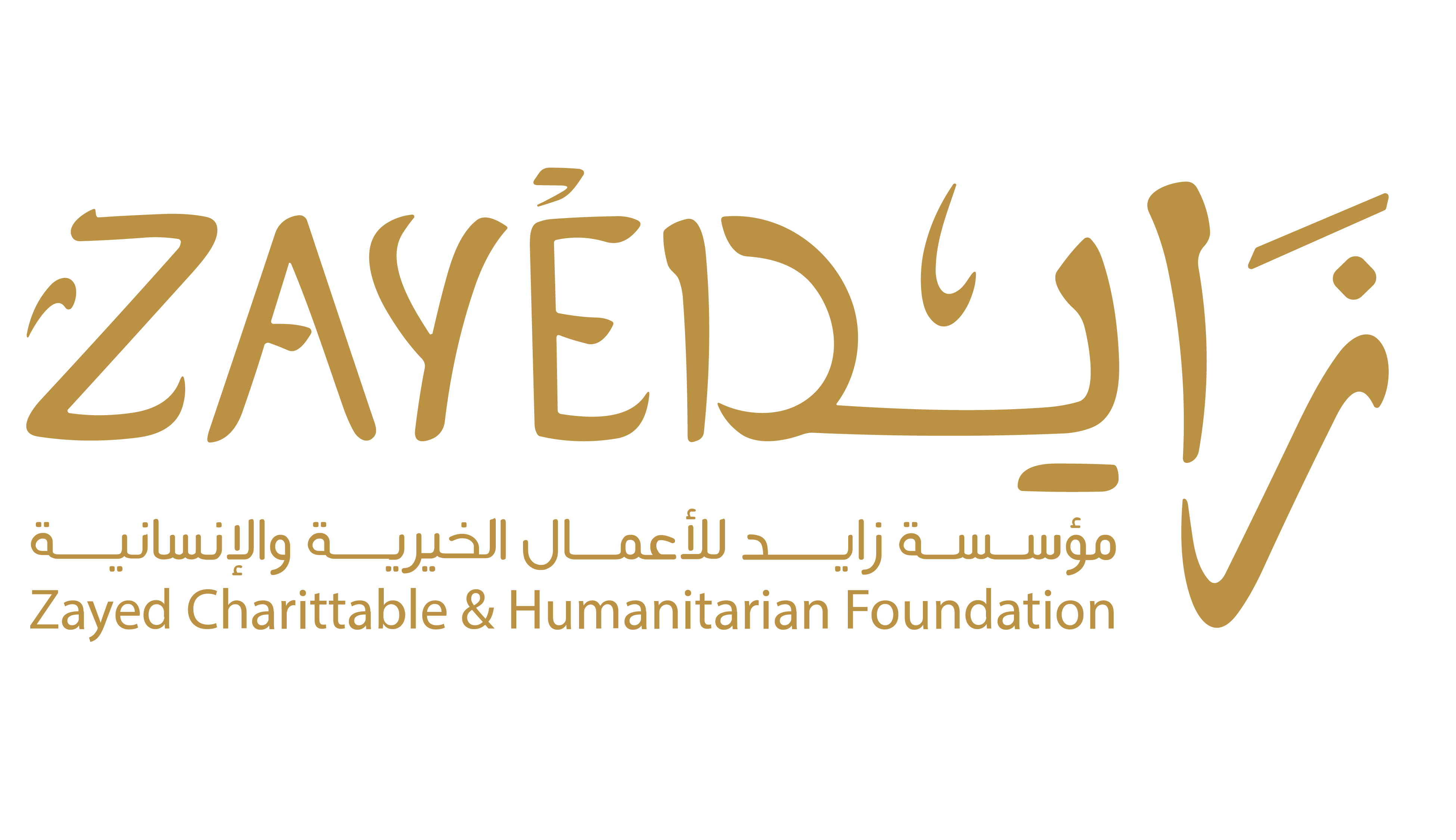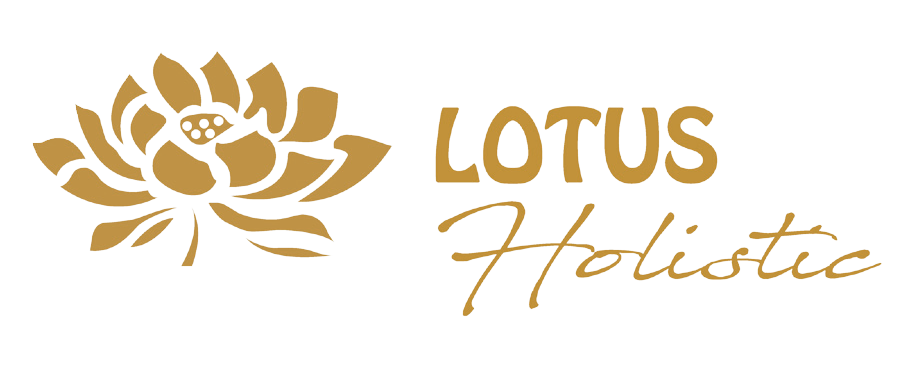GOOD MANUFACTURING PRACTICE AWARD
GMP: Good Manufacturing Practices for Quality Standards
Good Manufacturing Practices (GMP) is a system of processes, procedures, and documentation that help ensure that products are consistently produced and controlled according to quality standards. These practices are required in order to conform to guidelines and regulations recommended by agencies that control the authorization and licensing for the manufacture and sale of food, drug products, and active pharmaceutical products.
These GMP guidelines and regulations require that manufacturers, processors, and packagers of drugs, medical devices, and food take proactive steps to ensure that their products are safe, pure, and effective.
Medicines regulatory systems worldwide have always depended upon the knowledge of organizations that develop, manufacture and package, test, distribute and monitor phytopharmaceutical products, TCAM. Implicit in the assessment and review process is trust between the regulator and the regulated that the information submitted in dossiers and used in day-to-day decision-making is comprehensive, complete, and reliable. The data on which these decisions are based should therefore be complete as well as attributable, legible, contemporaneous, original, and accurate, commonly referred to as “ALCOA”.
These GMP guidelines and regulations require that manufacturers, processors, and packagers of drugs, medical devices, and food take proactive steps to ensure that their products are safe, pure, and effective. GMP guidelines and regulations address many issues that can influence the safety and quality of a product. Some of these are:
- Hygiene: Facilities must maintain a clean and hygienic manufacturing area.
- Controlled environmental conditions in order to prevent contamination and cross-contamination.
- Manufacturing processes are clearly defined and controlled.
- Instructions and procedures are clear and unambiguous.
- Operators are trained to carry out and document procedures.
- Records are made either manually or by instruments during manufacture that demonstrate compliance with these guidelines and regulations.
- Records of manufacture (including distribution) enable the complete history of a batch to be traced are retained in a comprehensible and accessible form.
- The distribution of the products minimizes any risk to their quality.
- A system is available for recalling any batch of the product from sale or supply.
- Complaints are examined and investigated, and appropriate measures are taken with respect to the defective products and to prevent a recurrence.
Most GMP requirements are very general and open-ended, allowing each manufacturer to decide individually how to best implement the necessary controls.
Many countries have legislated that food, pharmaceutical, phytopharmaceutical, and medical device manufacturers must follow GMP procedures. The regulated procedures focus on safety, honesty (eg. labeling), effectiveness, and reliability. Each country creates their own GMP guidelines that correspond with its own legislation. GMP certification is granted to manufacturing or service systems of organizations to certify that they engage with good manufacturing practices in their manufacturing or service processes, according to a Standard Code of Practice related to their business.
- They outline a quality system that reduces or prevents errors.
- They ensure products are safe.
- They prevent and control contamination and cross-contamination.
- They prevent mislabeling and adulteration.
- They provide a better understanding and comply with the relevant laws and regulations.
- They enhance international credibility and public image.
GMP Form
Please complete the information below.Requirement, Eligibility, and Selection Criteria for 3rd Edition of SHEIKH ZAYED International AWARD FOR Current Good Manufacturing Practices (CGMP)
Under the Patronage of

3rd International Sheikh Zayed Awards TCAM 2024
1st Sheikh Zayed International Congress TCAM
Contact Us
E: info@sheikhzayedinternationalawards.com
E: m.kamil@lotusholistic.ae
Call or Whatsapp Us:
+971 54 779 8448, +971 50 780 0618
Abu Dhabi, UAE
Organized By

Academic Partner

